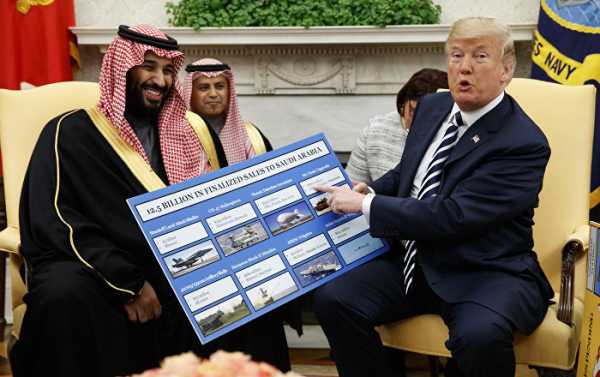
Earlier, US Secretary of State Mike Pompeo made it clear that Washington is not “afraid to tackle” the Islamic Republic at the “highest level” of its government.
Washington has confirmed its intent to “quietly push ahead with” a blueprint to establish what the White House earlier touted as an “Arab NATO”, a security and political alliance aimed at confronting Iran, according to Press TV.
The Iranian news agency cited well-informed sources as saying that the US is expected to play an organizing and supporting role in the Middle East Strategic Alliance (MESA) while staying outside the group, which will include six Persian Gulf Arab countries, Egypt and Jordan.
MESA was for the first time unveiled ahead of US President Donald Trump’s visit to Saudi Arabia last year.
The sources added that the US administration plans to discuss the details of the project during high-level talks with MESA members scheduled for mid-October in Washington.
The White House’s National Security Council (NSC) spokesperson was quoted by Press TV as saying that “MESA will serve as a bulwark against Iran,” something that the sources said may be hampered by the ongoing diplomatic rift between Qatar and a Saudi-led quartet of countries that includes Egypt, Bahrain, and the United Arab Emirates (UAE).
Referring to Riyadh allegedly pushing for a “regime change in Qatar”, Bruce Riedel, a former CIA, Pentagon, and NSC staffer, warned that the Arab NATO concept is now “falling apart.”
“Of course the Saudis may not have the power to force regime change, but that is what they want. Very dangerous period,” Riedel underlined.
The United Arab Emirates, Saudi Arabia, Egypt and Bahrain cut off diplomatic relations and communication with Qatar in June 2017, accusing the country of supporting terrorism and interfering in their internal affairs. The move was followed by their imposing a land, naval and air blockade on Doha, which denies all the accusations.
Shortly after, the Saudi-led quartet conveyed to Doha a list of 13 demands to restore relations. The list included, in particular, the closing of the Al Jazeera broadcasting network and the scaling down of Qatar’s ties with Iran. Doha has rejected the demands as an infringement on its sovereignty.
As for Iran, the Islamic Republic has been under increased pressure from Washington ever since May, when President Trump announced Washington’s withdrawal from the 2015 Iran nuclear deal, which saw Tehran curb its nuclear program in exchange for the lifting of economic sanctions.
In one of the latest developments, Trump posted an all-caps rant on Twitter, alarming Iranian President Rouhani about “consequences the likes of which few throughout history have ever suffered” should Iran “threaten the US again”, apparently in response to Rouhani’s warning against alleged US attempts to destabilize Iran’s government.
Trump’s remarks were followed by US Defense Secretary James Mattis denying reports that Washington was allegedly evaluating a strike against Tehran.
Sourse: sputniknews.com






